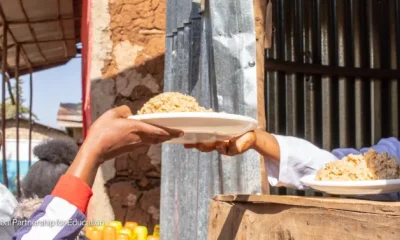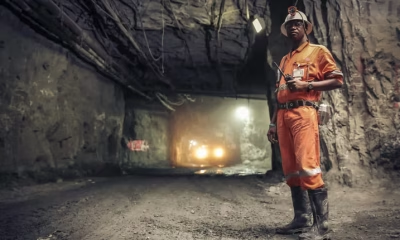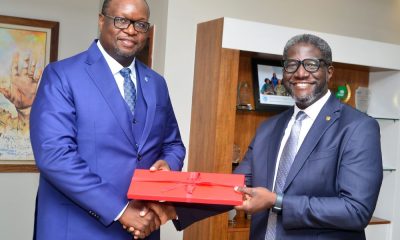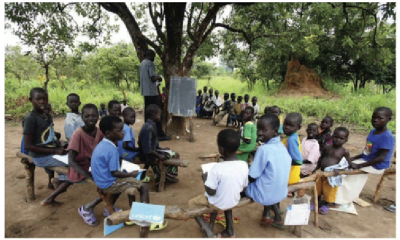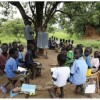News
WWF Launches nature-based solutions to climate change in Rwenzori
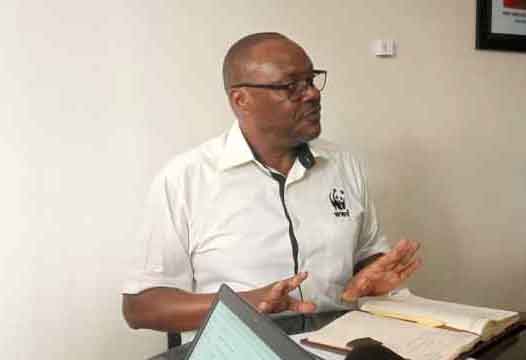
David Dulli, WWF Country director
World Wide Fund for Nature (WWF) in Uganda launched the Innovative, Gender-sensitive Nature-based Solutions (NbS) for Resilience and Green Jobs project in an online event on 31, August.
The essence of the project is to reduce the impacts of climate change and poverty on communities within the Rwenzori Landscape through NbS.
The project will be implemented in Districts like; Kasese, Kabarole, Bunyangabo, Ntoroko, Bundibugyo and Rubirizi.
WWF Country Director David Duli, revealed that the project will create and scale green jobs by applying an NbS approach at a landscape level to harness nature’s immense potential to provide for communities’ well-being.
“There will be access, for particularly women and youth, to improved livelihoods, decent green jobs and enterprise creation within strengthened product value chains and linkages to robust markets,” he said
Adding: “It will also ensure long-term perspectives and opportunities for increased, scalable sustainable finance mechanisms, with positive multiplier effects on capacity and economy.”
Duli noted that the project presents huge potential with a gender sensitive and innovative NbS approach to increasing landscape, ecosystem and community level resilience and sustainability, with improved knowledge, skilling and management practices.
“We will focus on jobs within restoration and in sectors that reduce pressure on important natural resources for climate resilience, e.g. within the timber value chain; charcoal, bamboo and honey industries,” he said
He also said that WWF will engage with private sector actors in valuing and financing the ecosystem services.
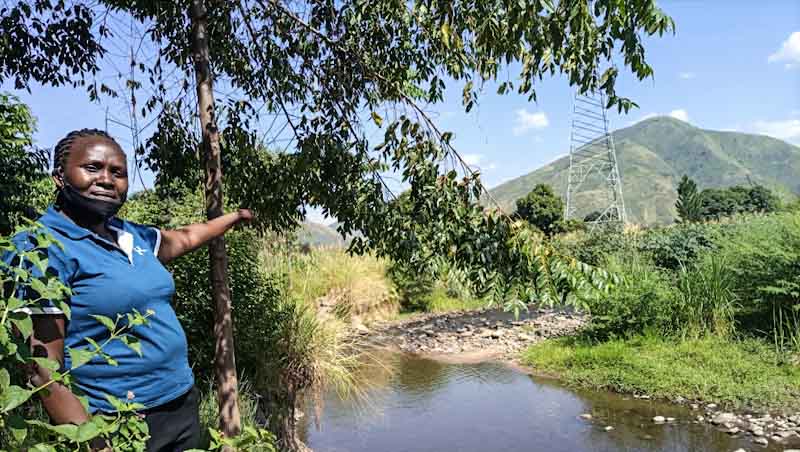
Tree planting in Rwenzori along river banks like on River Sebwe above is one of the strategies promoted by WWF
“This will yield multiple benefits, including reduced climate risk, improved food security and livelihood as well as reducing the most severe environmental impacts of climate related disasters, such as flooding, landslides and drought, and the subsequent long-term impact of climate change,” Duli added
Duli urged stakeholders to embrace public private partnership on issues of climate change,
“Stakeholders should also engage in supporting capacities of women to Anticipate, adapt and Absorb climate change shocks. Increasing coordination among stakeholders to build synergies with many players is also essential,” he said
He further noted that the government should respond to community demands as and when they are presented.
“There should be private sector investment in the landscape to increase community resilience,” Duli said.
Comments



